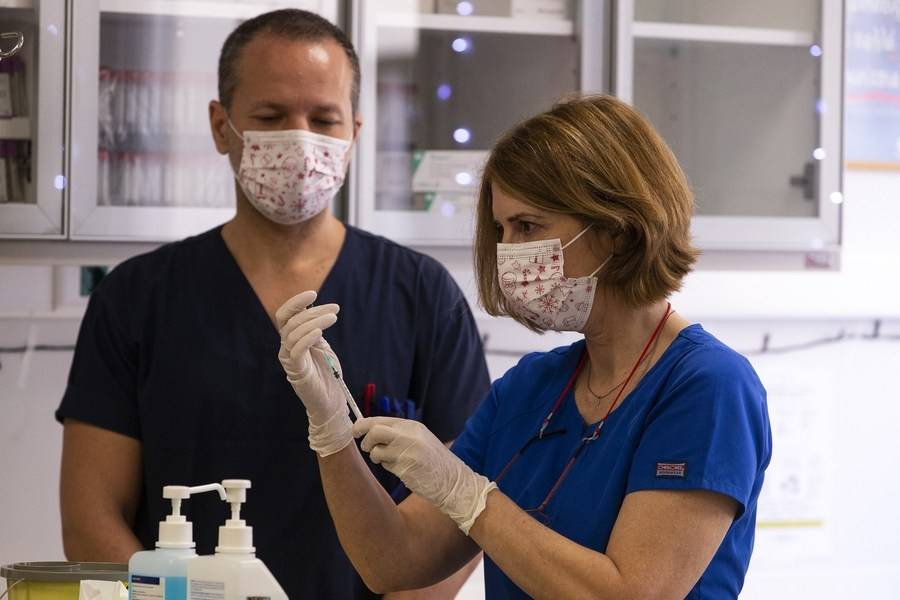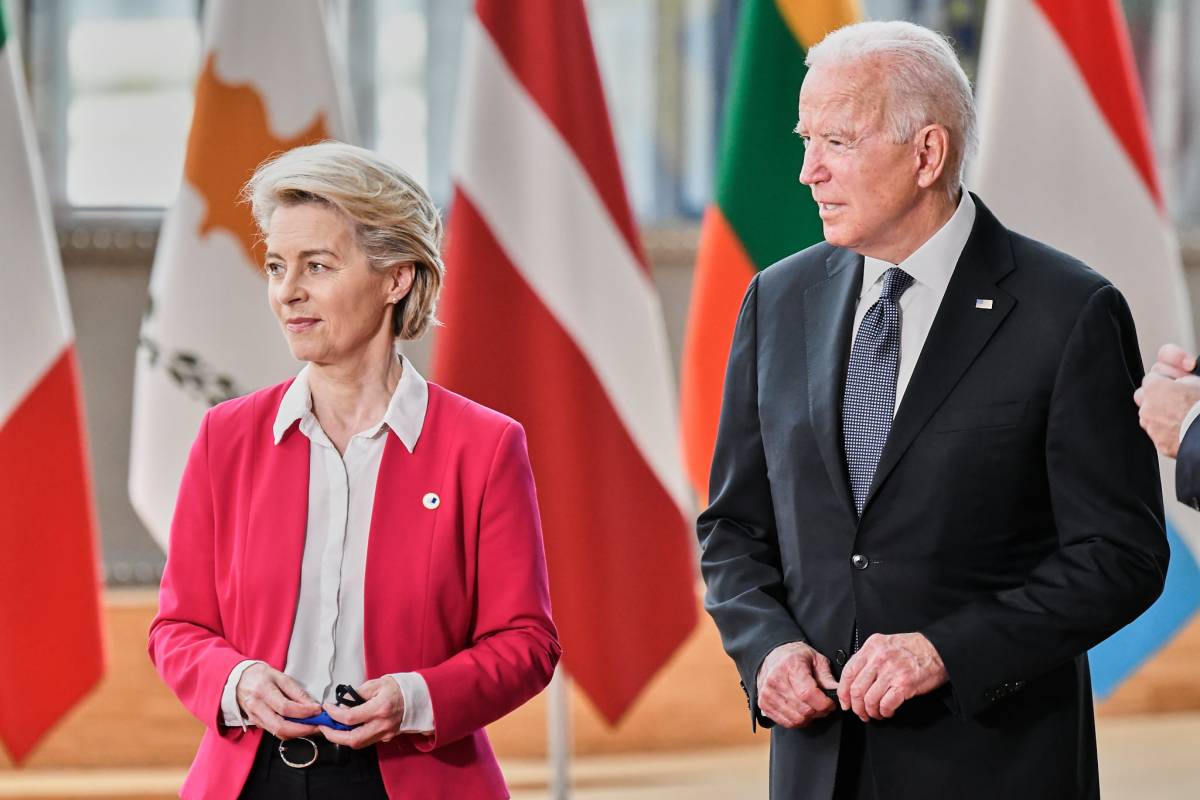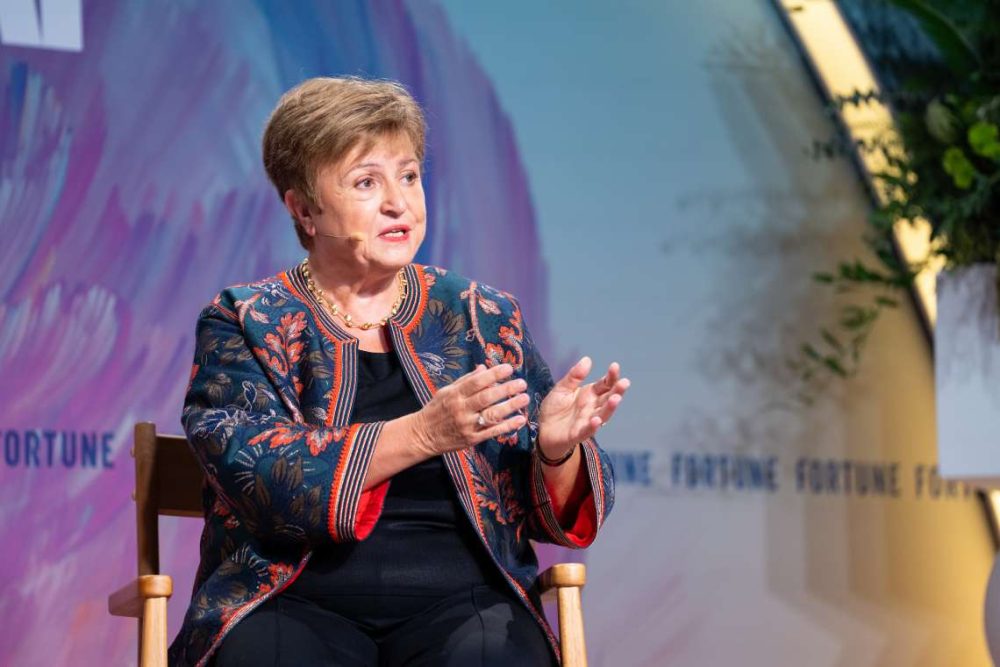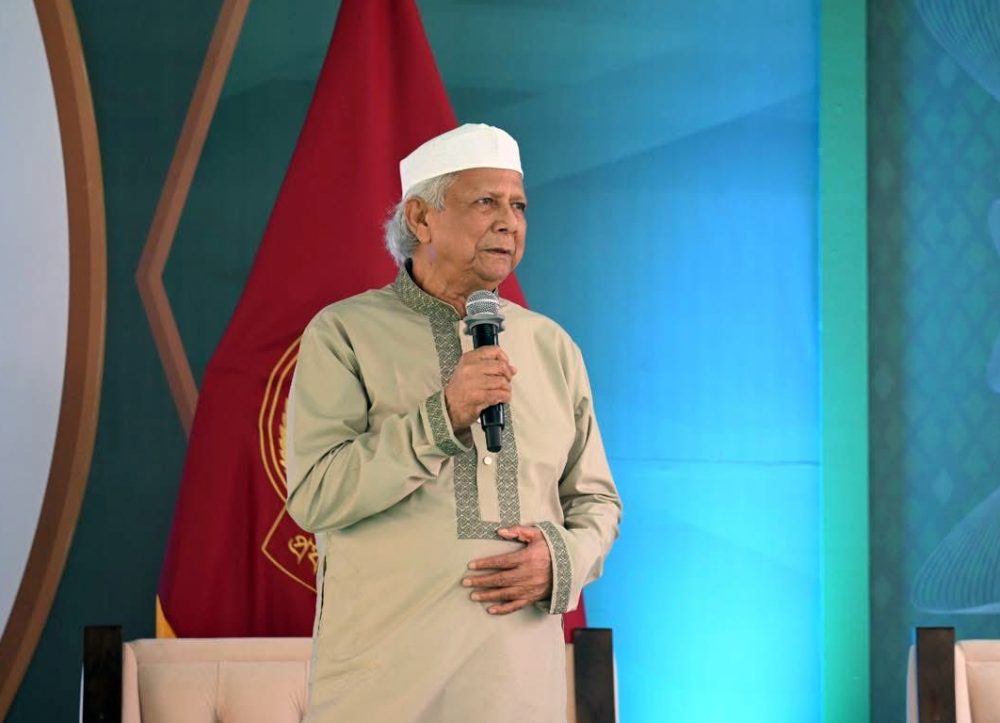Organisations have warned that making vaccinations compulsory could cause serious difficulties in the care home sector, reports Asian Lite Newsdesk
The UK government is expected to make Covid-19 vaccination compulsory for staff in care homes for older people in England, media reported.
Care staff are expected to be given 16 weeks to have the jab – or face being redeployed away from frontline care, or lose their jobs, according to a BBC report.
The government move, first reported in the Guardian, is expected to be announced in the next few days. The move follows a consultation by the Department of Health and Social Care (DHSC).
Consultations will begin on the same rule for other health and care staff, the BBC quoted the report.
Meanwhile, care organisations have warned that compulsory vaccinations could cause significant difficulties in a sector that already struggles to recruit enough people.
The government, however, is believed to have considerable concerns about low take-up of the vaccine in some areas, including London.
“These moves would save lives and there is precedent with the Hepatitis B vaccine guidance for doctors,” a Whitehall source told the BBC.
Workers who can prove they are medically exempt from getting the vaccine will not be affected by the new measure, it was reported.
Visiting restrictions eased
Care home residents will be able to spend more time with family and friends, including overnight stays as part of an easing of visiting restrictions.
Currently, residents can only leave the care home for a visit if outdoors or for high-priority reasons, such as a dental or GP appointment, but will now be able to leave the home for more social reasons without having to isolate.
From 21 June, people admitted to a care home from the community will no longer have to self-isolate for 14 days on arrival, so residents will have a less disruptive introduction to their new home.
To ensure this happens safely, residents will undergo an enhanced testing regime – a PCR test before admission, a PCR test on the day of admission and a further PCR test 7 days later.
On Monday, Prime Minister Boris Johnson announced a four-week delay to the lifting of all the remaining Covid restrictions in England beyond June 21, citing the risk of highly transmissible Delta variant.
The confirmed delay means the lifting of restrictions will not take place until July 19, as the new move will allow more time for people to be vaccinated given the dangers of the Delta variant, Xinhua news agency quoted Johnson as saying at a press conference on Monday evening.
“I think it is sensible to wait just a little longer,” Johnson said.
“As things stand, and on the evidence that I can see right now, I’m confident that we will not need more than four weeks.”
He said that his government was “so concerned” by the Delta variant that is “now spreading faster than the third wave predicted in the February roadmap”.
The government will step up its efforts to vaccinate the people in the country, he said.
The over-40s who have had their first jab will only have to wait eight weeks instead of 12 weeks for their second jab, and 23 and 24-year-olds will start to be offered a vaccine from Tuesday, the Prime Minister said.
More than 41.6 million people have received their first dose of a Covid vaccine and more than 29.9 million have received their second dose across Britain, according to the latest official figures.
Meanwhile, weddings can go ahead with more than 30 people from June 21, as long as people stick with social distancing, the Prime Minister confirmed.
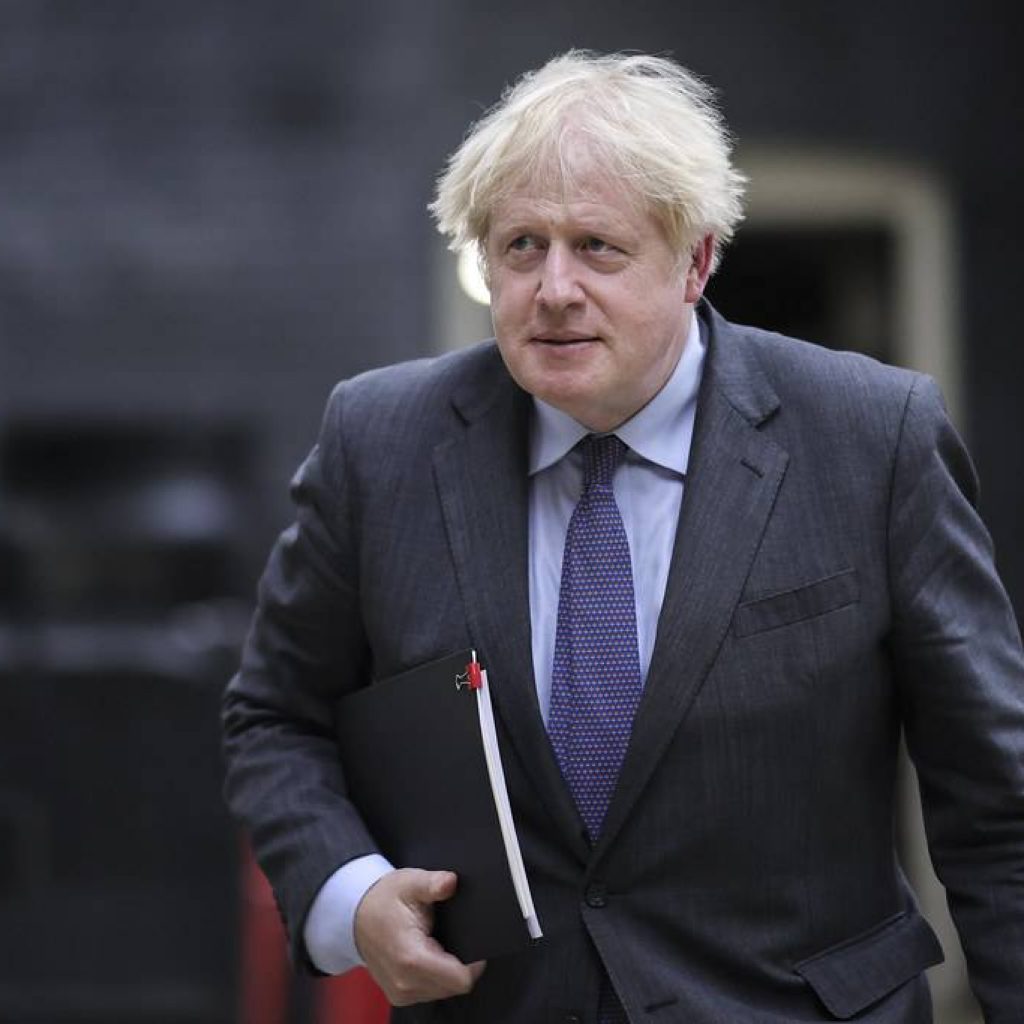
The UK GDP is estimated to have grown by 2.3 per cent in April, the fastest monthly growth since July 2020 as the Covid-19 lockdown eased, the Office for National Statistics (ONS) said.
In April, the service sector grew by 3.4 per cent month-on-month, whereas output in the production and construction sector fell by 1.3 per cent and 2.0 per cent respectively, the ONS said on Friday.
Meanwhile, April’s GDP remained 3.7 per cent below the pre-pandemic level seen in February 2020, the ONS said.
“Services have been the main contributor to GDP’s recovery in recent months, following large falls in January because of coronavirus restrictions,” said the ONS.
Meanwhile, analysts have voiced their optimism for the British economy in the coming months due to further easing of restrictions and vaccine roll-outs.
ALSO READ-Pompeo insists Covid-19 leaked from Wuhan lab
READ MORE-UK PM: Selfish Approach to COVID proved Self-Destructive


